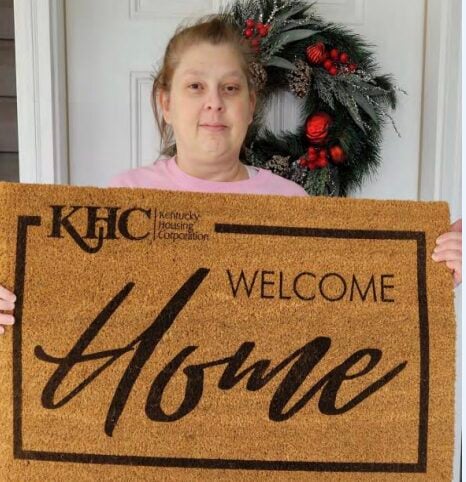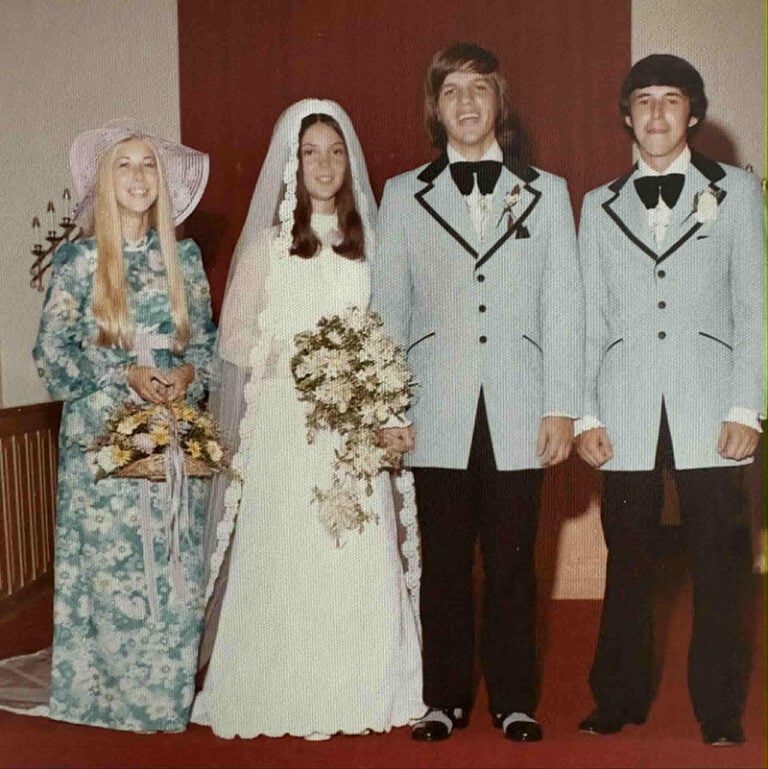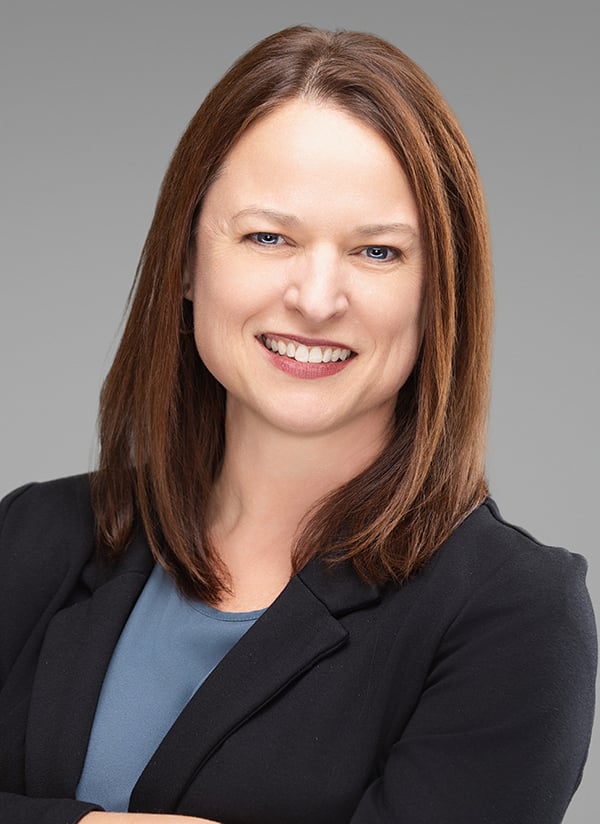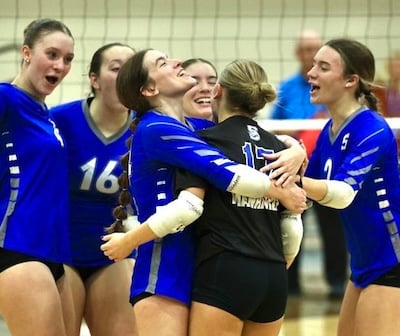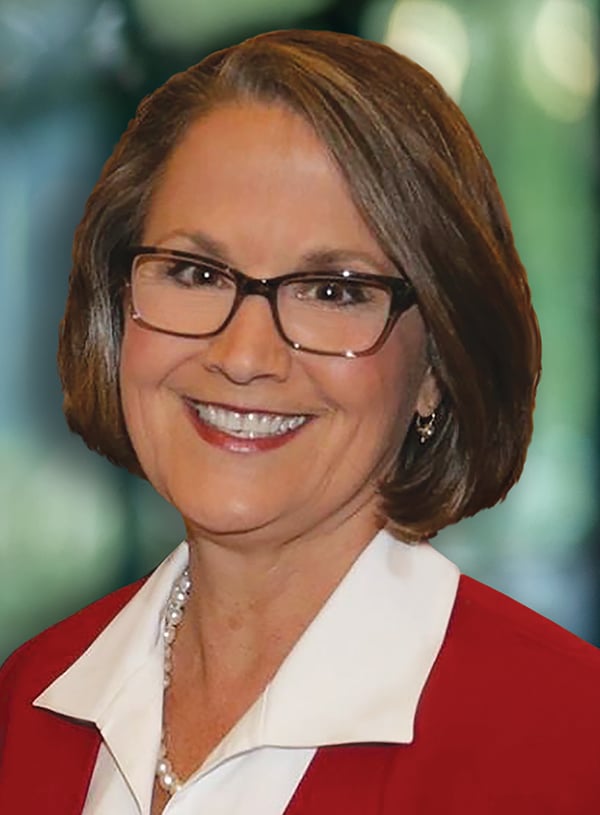By Patricia Scheyer
NKyTribune reporter
Home is a very important touchstone in people’s lives. This is true anywhere in the world. So when people are in a position where they have to uproot themselves from the place they know as home and establish home somewhere else, it is a major upheaval in their lives.

Five children, along with their parents, lived in Syria. That was their home. But when conditions arose where it became impossible for the family to continue to live safely in Syria, they knew they had to leave. They applied for asylum in the United States and it was granted.
Suddenly the five children and their mother and father were refugees in a strange country.
The government settled them in Dayton, Kentucky.
The oldest child, Mohammed, who is now 20, had already finished high school in Syria and the second oldest, a girl named Hala, who is 18, was almost through school back home. But according to Kentucky law, they were required to go back at least a year in their education.
They arrived last summer, with little knowledge of the language, and all five children were enrolled in school. The four older kids were signed up for high school and the youngest, a boy, was put into fifth grade.
“When I first met them, their command of English ranged from about 7 percent to about 30 percent,” said Rick Wolf, Director of Teaching and Learning at Dayton schools. “I decided to meet with them five times a week in the school board room, to see if I could make a difference in the language barrier.”

The sessions started with school and right away they seemed to be helping. The students had lots of questions, and gradually they became more comfortable with Wolf and his easygoing methods of trying to unravel the mysteries of the English language.
“The class I have the most problem with is English,” said Mohammed. He is doing very well in his studies, even though he has to take the year over in this country.
“I want to be a doctor,” he said firmly, smiling all the while. “I love this country.”
His sister Hala, a junior, said she is having some trouble with English, but she is doing well in her studies. She wants to be a doctor also, but unlike Mohammed who wants to be a brain surgeon, she would like to be a pediatrician.
The younger sisters, Fatima, 17, and Dima, 16, both sophomores, deplore the difficulties in English and some in other subjects, but all of the students are determined to get past the hurdles of language. Both of the younger sisters are unsure what their future careers hold.
“We are working on mapping out sounds,” explained Wolf. “A process called chaining where you work on, say, ‘ue’ as in ‘statue’, or ‘ew’, or ‘tu’. There are a lot more sounds that we have to practice with.”
Wolf said the students will challenge him on the exceptions to the rule, such as words that are supposed to follow a rule, but don’t. He also said there is another administrator, Ron Kinmon, who has a slightly Southern accent and has a son named Kyle. The name Kyle, Wolf said, sounds so much different when Kinmon says it, than when he says it, and that confuses the students.
“Reading and writing really helps,” Wolf said. “I have used techniques from the Reading League,and the Science of Reading, to help me teach them. Sometimes the writing of a word helps, and sometimes listening to the reading helps.”

He said the giggles break out when he asks about the Arabic language, and the four students try to teach Mr. Wolf the words of their language.
“It helps to put the lessons in perspective when I try to learn their language,” he said. “Then it is me struggling and making mistakes. They all love it when I succeed in a few words, and I love learning something new. These students are some of the hardest working individuals I have ever encountered. When I look at the progress we have made all year I always tell them they are ‘moomtez.’
“That is my interpretation of the Arabic word for ‘Amazing.’







